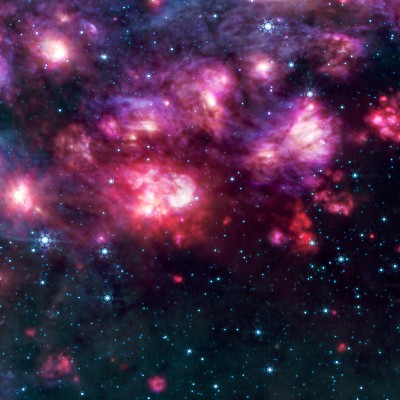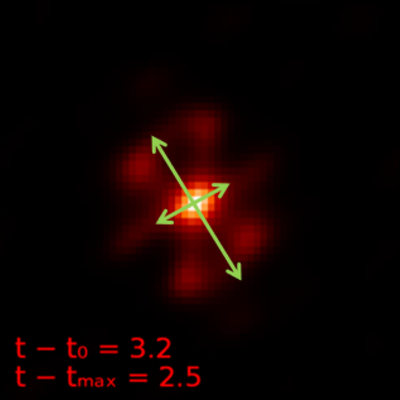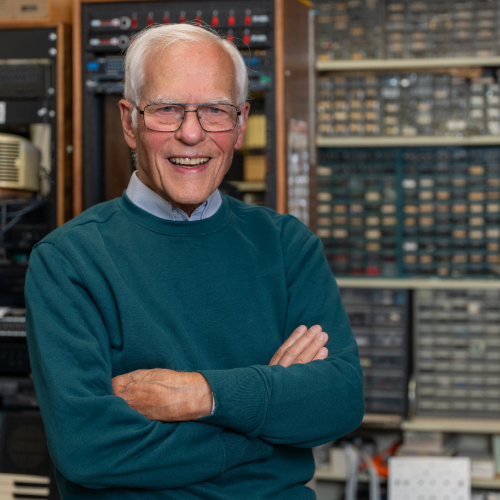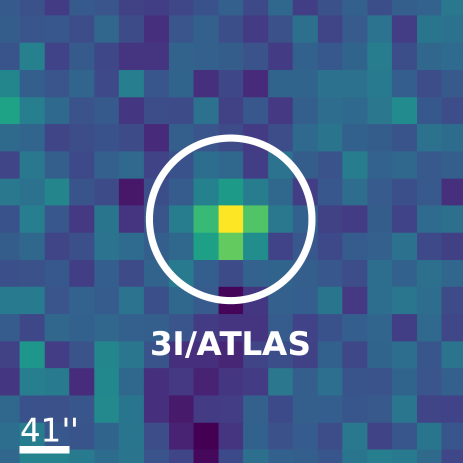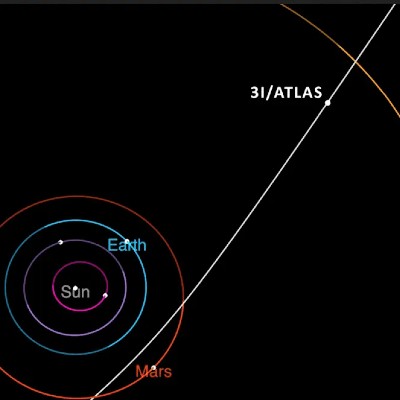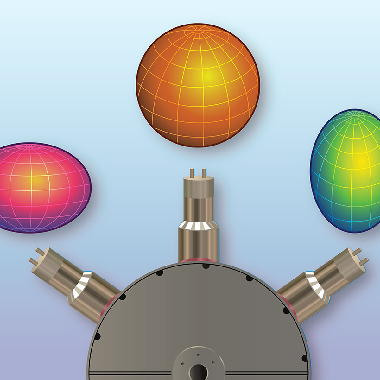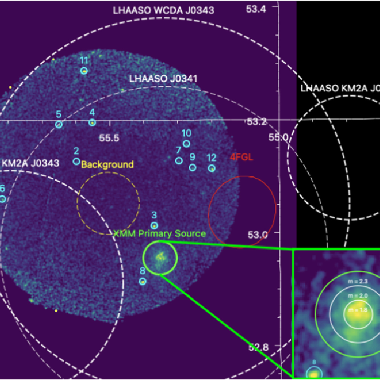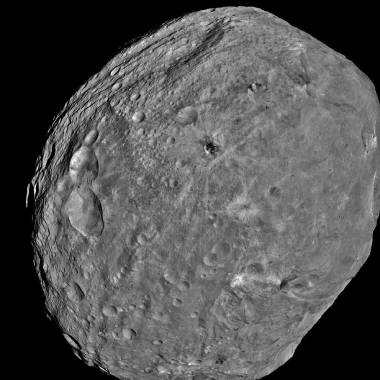News
January 7, 2026
Our galaxy’s supermassive black hole is famous for being one of the dimmest in the universe. Evidence from a new space telescope shows that might not always have been the case.
December 8, 2025
MSU planetary scientists help shape strategies for protecting Earth from future impacts.
December 5, 2025
Astronomers have captured unprecedented, detailed images of two stellar explosions—known as novae—within days of their eruption.
November 4, 2025
Guèye was elected for pioneering experiments, developing tools critical to unravelling the structure of nuclei, and for extraordinary service to the physics community.
October 28, 2025
A Michigan State University researcher co-led a joint analysis between two major neutrino experiments.
October 21, 2025
A former psychoacoustics professor is giving back to MSU.
October 9, 2025
MSU physicists work every day to advance quantum computing and help unravel the mysteries of the universe.
September 16, 2025
Wiggling atoms in new quantum materials could lead to more efficient electronics that are smaller and faster.
September 16, 2025
The earliest images of 3I/ATLAS, newly uncovered by Michigan State University, reveal how the interstellar object evolved.
July 11, 2025
Astronomers at Michigan State University turned their telescopes to capture data on the new celestial sighting.
June 10, 2025
A team of researchers at the Facility for Rare Isotope Beams (FRIB) discovered that cobalt-70 isotopes form different nuclear shapes when their energy levels differ only slightly.
June 9, 2025
Shuo Zhang and her group led two studies that shed new light on where cosmic rays might have come from.
April 28, 2025
Michigan State University has contributed to research revealing Vesta's interior structure is more uniform than previously thought.
April 4, 2025
Adami is being recognized for significant contributions across multiple scientific fields including evolutionary biology, neuroscience, and artificial intelligence.
March 28, 2025
“This year’s class of fellows are the embodiment of scientific excellence and service to our communities,” said Sudip Parikh, AAAS chief executive officer and executive publisher of the Science family of journals
